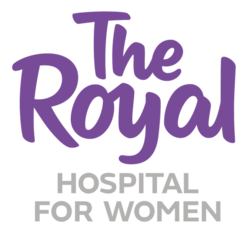Infection Prevention and Control
Effective infection prevention and control practices reduce the risk of transmission of infections between patients, healthcare workers and others in the healthcare environment.
Infections associated with the provision of health care affect patients, consumers, and the health workforce and:
- Can cause considerable harm and may increase the risk of morbidity, and death
- Increase the use of health services – for example, extended length of stay, resulting in increased use of health resources such as inpatient beds, treatment options and investigations
- Place greater demands on the health workforce.
Infection prevention and control within healthcare settings aims to minimise the risk of transmission of infections and the development of antimicrobial resistance. An effective risk management system for infection prevention and control involves the identification of hazards, and assessment and control of risks for patients, visitors, and the health workforce, so far as is reasonably practicable. This approach requires consultation, cooperation and coordination between the health service organisation, patients, consumers and members of the workforce.
